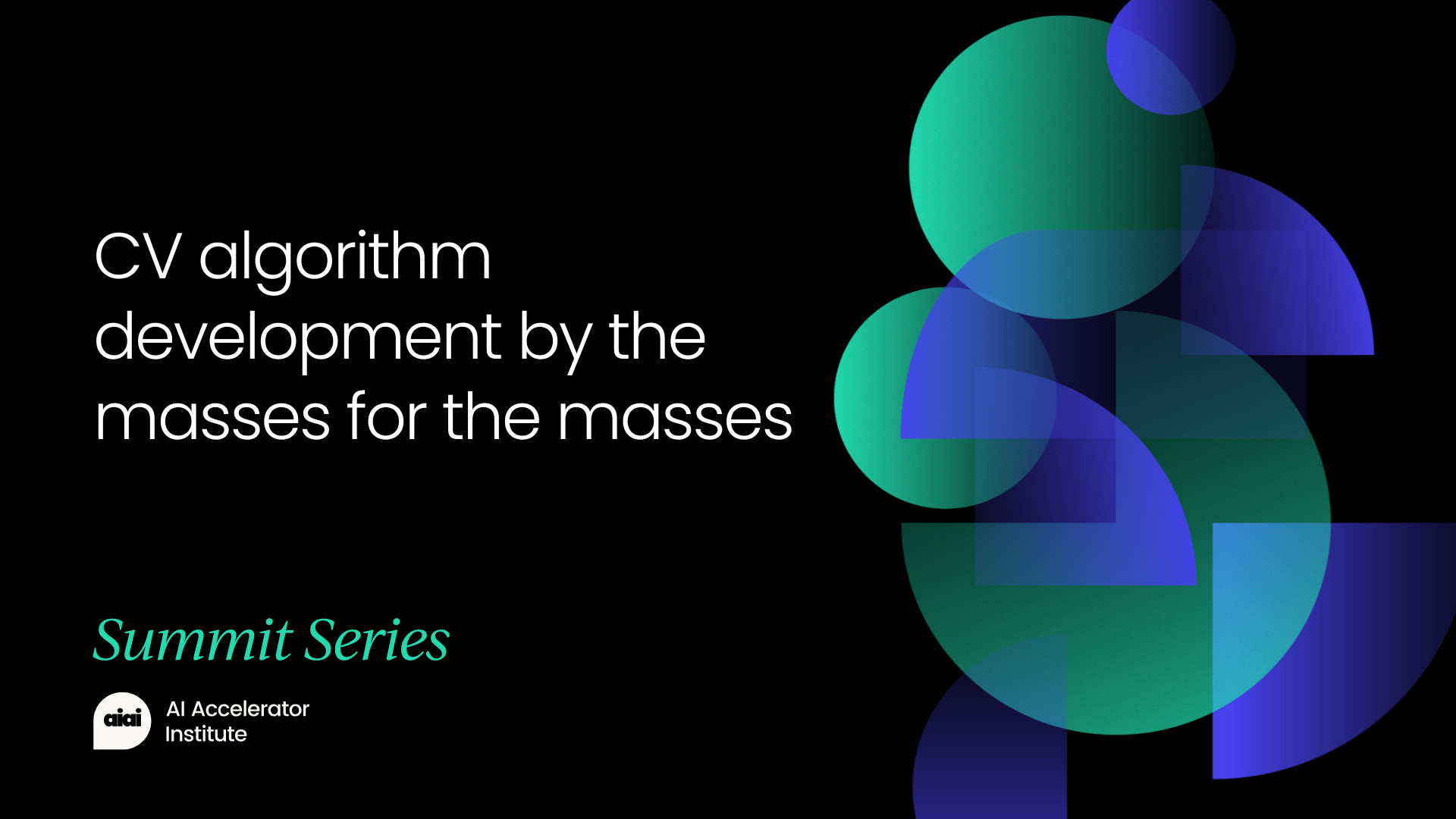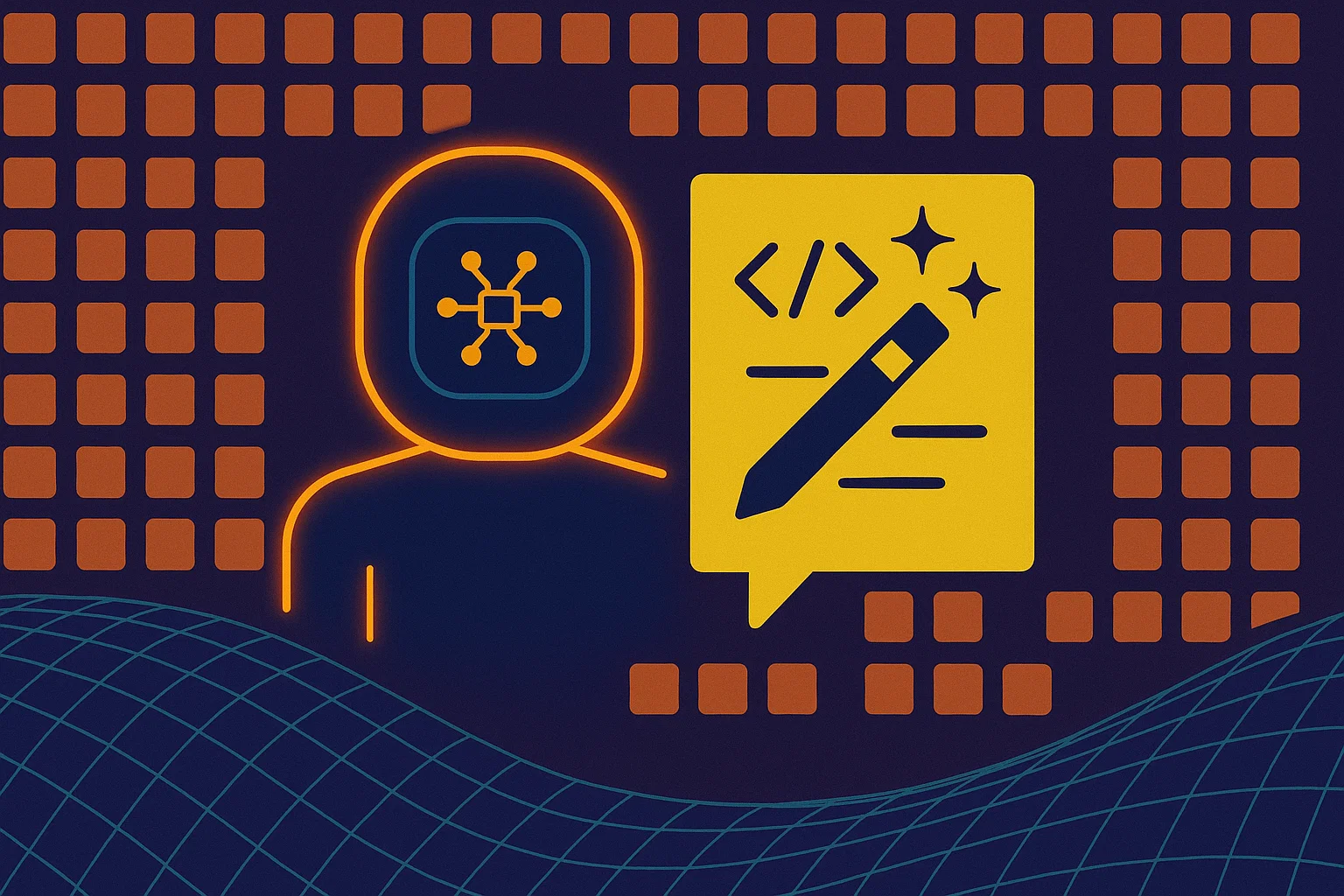🚀 Progressive Web Apps (PWAs): The Future of Web That Feels Like a Mobile App
PositiveArtificial Intelligence

Progressive Web Apps (PWAs) are revolutionizing the way we interact with the web, offering a seamless experience that feels just like using a mobile app. This technology combines the best of web and mobile apps, allowing users to enjoy fast loading times, offline access, and push notifications without the need for installation. As more businesses adopt PWAs, they can enhance user engagement and retention, making it a significant trend in web development. This shift not only benefits developers by simplifying the app creation process but also provides users with a more enjoyable and efficient browsing experience.
— Curated by the World Pulse Now AI Editorial System






